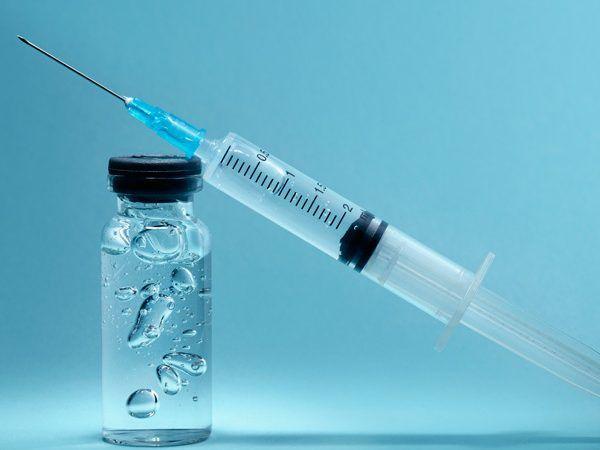What is a Toradol Shot?
A Toradol shot is an injection of ketorolac tromethamine, a powerful non-steroidal anti-inflammatory drug (NSAID) used primarily for pain relief. It is commonly administered in hospitals, clinics, and urgent care settings to manage moderate to severe pain without the risks associated with opioids.
How Does a Toradol Shot Work?
Toradol works by inhibiting prostaglandins, which are chemicals responsible for pain and inflammation. By blocking these compounds, it provides effective pain relief and reduces swelling. It is often used for short-term pain management, such as post-surgical pain, musculoskeletal injuries, or kidney stones.
Common Uses of Toradol Injections
Post-Surgical Pain Relief
Many healthcare professionals administer Toradol injections after surgeries to control pain and inflammation. It provides a strong analgesic effect without the risk of opioid addiction.
Migraine Treatment
Toradol shots are often given to patients suffering from severe migraines, especially when oral medications fail. It can offer quick relief, helping patients recover faster.
Kidney Stone Pain Management
Patients experiencing kidney stone pain may receive a Toradol injection to alleviate discomfort and inflammation while waiting for the stone to pass.
Back Pain and Musculoskeletal Injuries
Toradol injections are frequently used to treat acute back pain, joint pain, and musculoskeletal injuries by reducing inflammation and providing pain relief.
Dosage and Administration
The usual dose for adults is 15-60 mg via intramuscular (IM) or intravenous (IV) injection, depending on the severity of pain and patient condition. The treatment should not exceed five consecutive days, as prolonged use increases the risk of adverse effects.
Potential Side Effects of a Toradol Shot
Common Side Effects
-
Nausea
-
Dizziness
-
Headache
-
Upset stomach
-
Injection site pain
Serious Side Effects
-
Gastrointestinal bleeding or ulcers
-
Kidney problems
-
High blood pressure
-
Cardiovascular complications
Note: Toradol should not be used in patients with a history of stomach ulcers, kidney disease, or bleeding disorders.
Who Should Avoid a Toradol Shot?
Toradol injections are not recommended for individuals with:
-
A history of gastrointestinal bleeding or ulcers
-
Kidney disease or impaired kidney function
-
Aspirin or NSAID allergies
-
Active bleeding disorders
-
Pregnant women in the third trimester
Toradol Shot vs. Opioids: A Safer Alternative?
Many healthcare providers prefer Toradol injections over opioids due to the lower risk of addiction and sedation. Unlike opioids, Toradol does not cause respiratory depression, making it a safer pain management option for many patients.
Conclusion
A Toradol shot is a highly effective non-opioid pain relief option used in various medical settings. While it provides excellent pain management, it should be used with caution due to potential side effects. Always consult a healthcare provider before receiving a Toradol injection.







